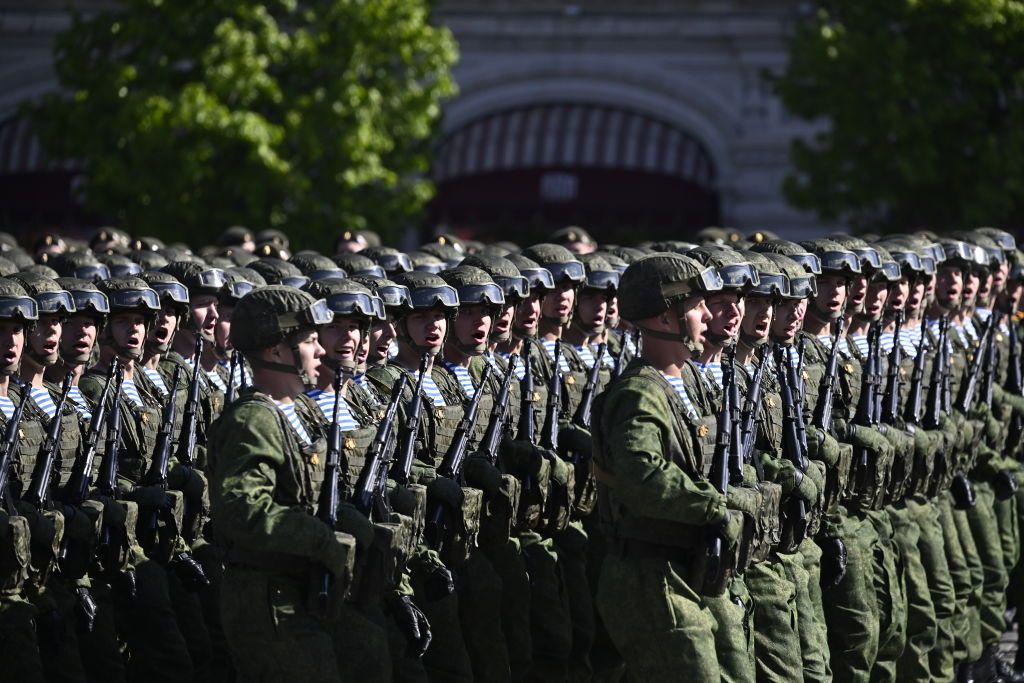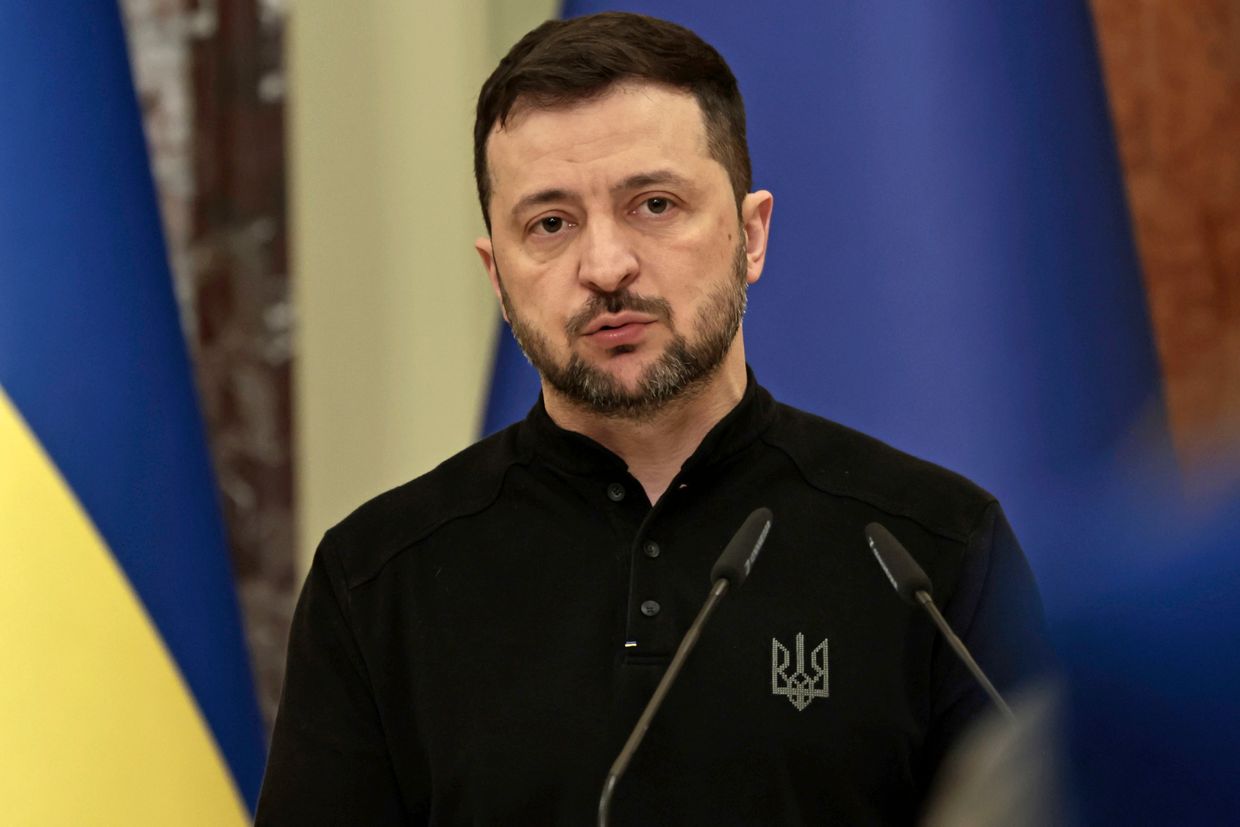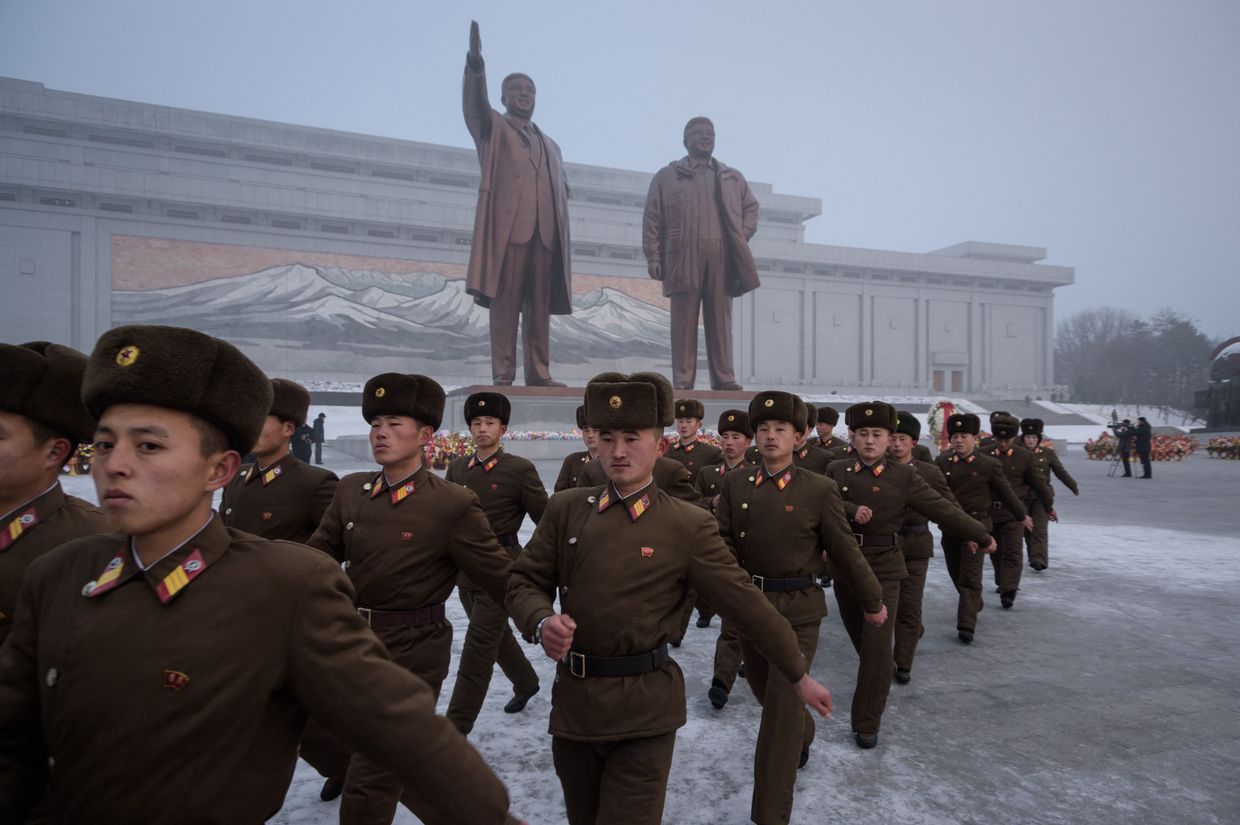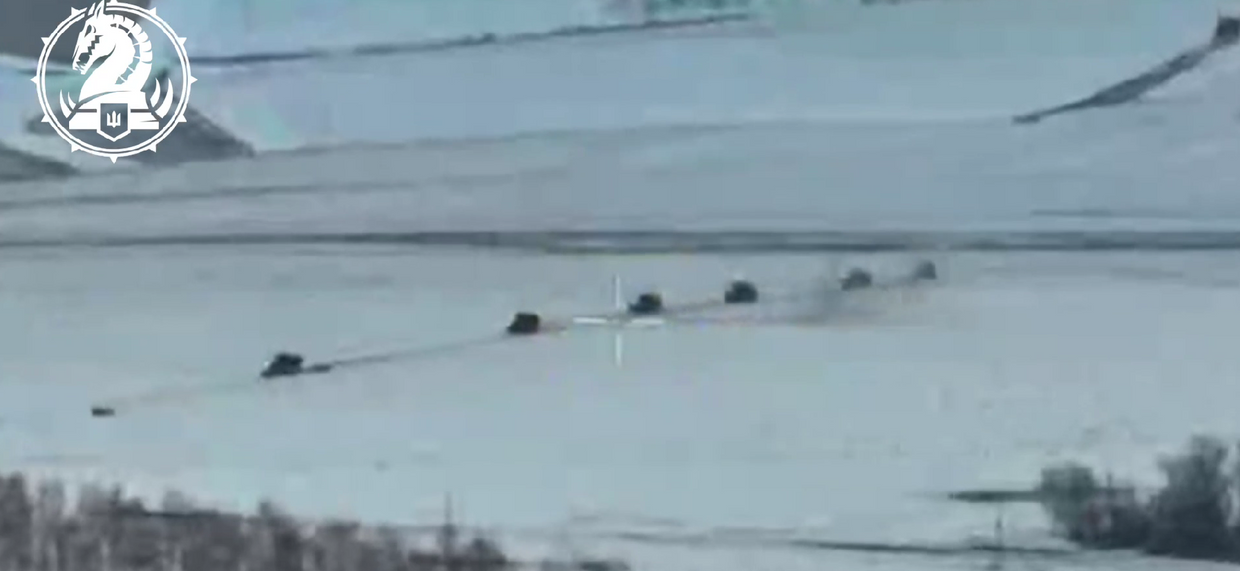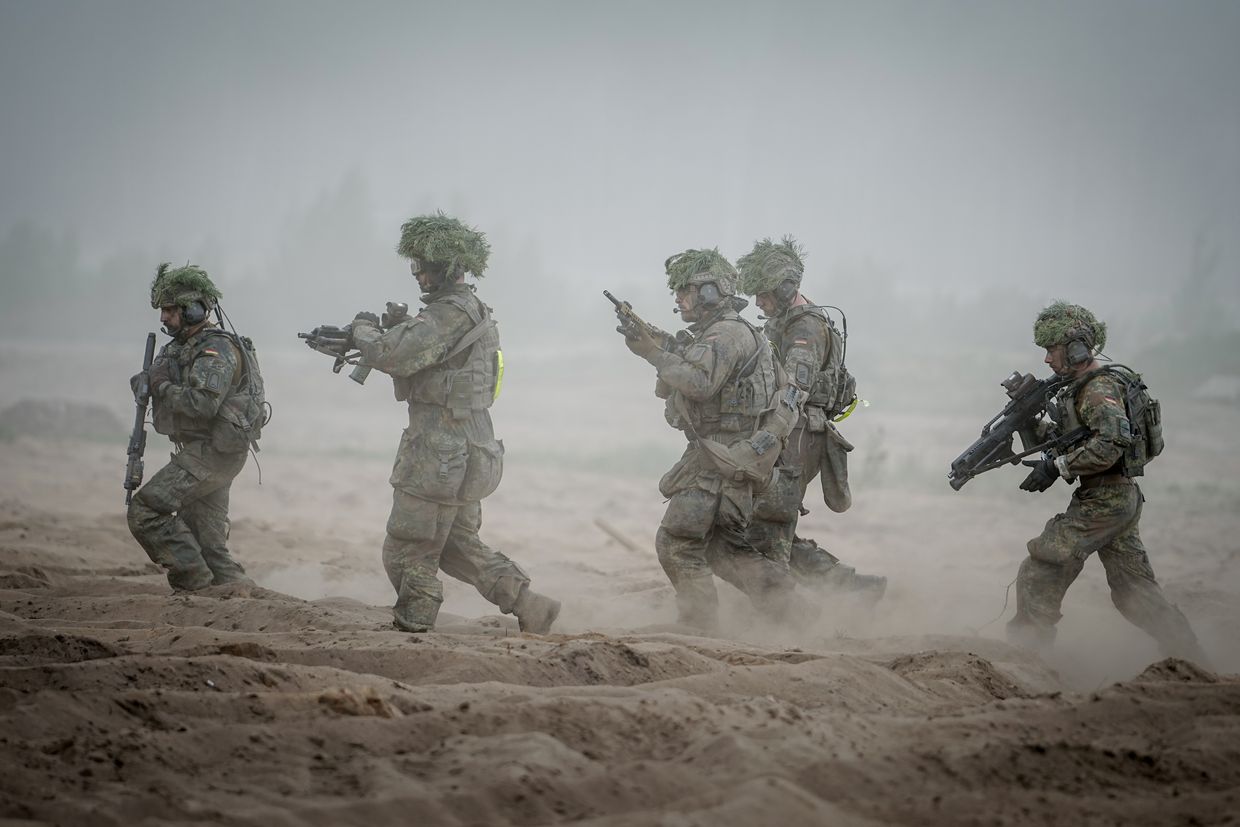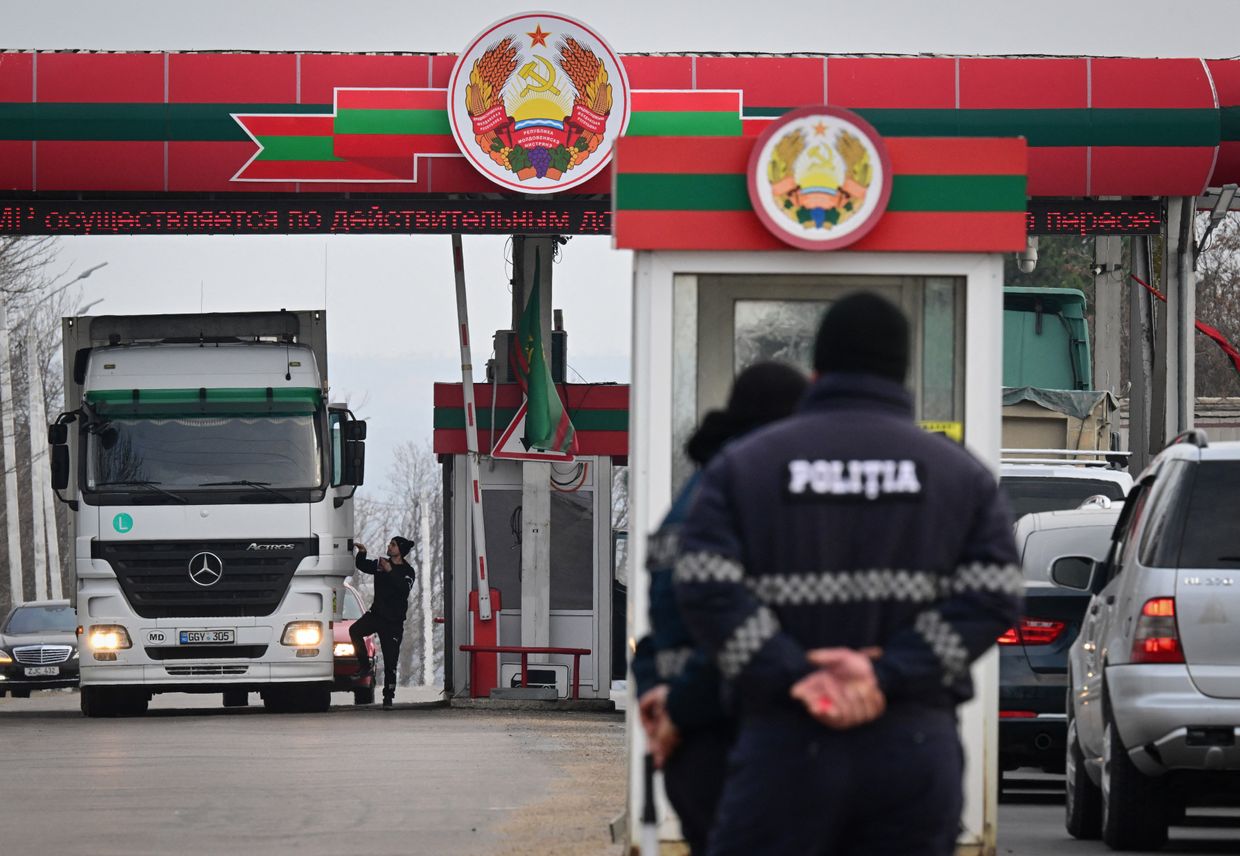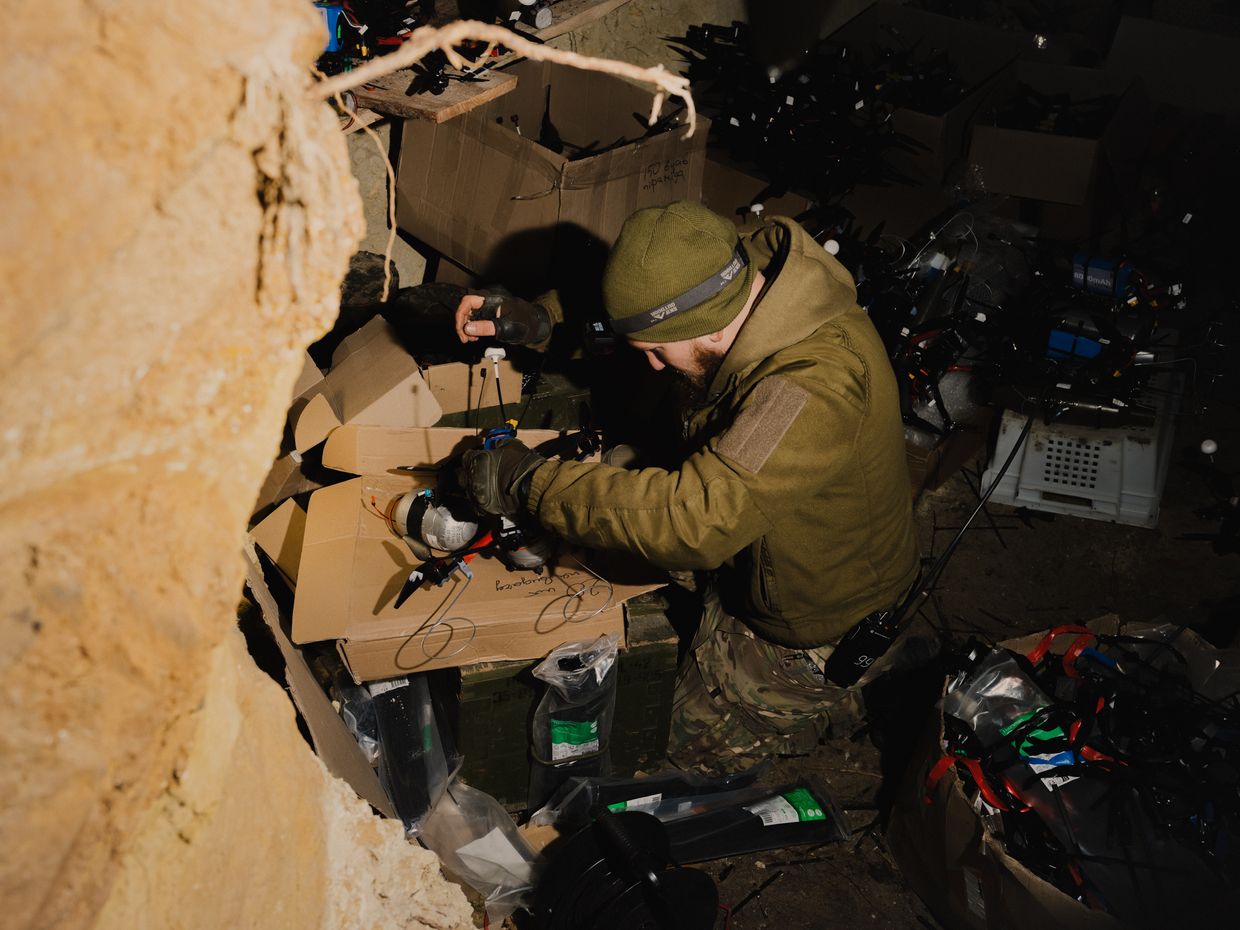The Kyiv Independent held its first-ever training course for Ukrainian journalists in December 2023: the J-School. The 10-day intensive program was targeted at those aspiring to report for international audiences, and included seminars with expert trainers and renowned guest speakers on international journalism standards, English-language reporting, investigating war crimes and corruption, and self-censorship.
We asked some of the J-School's participants the following question: Why do young Ukrainian journalists want to learn how to communicate with foreign audiences?
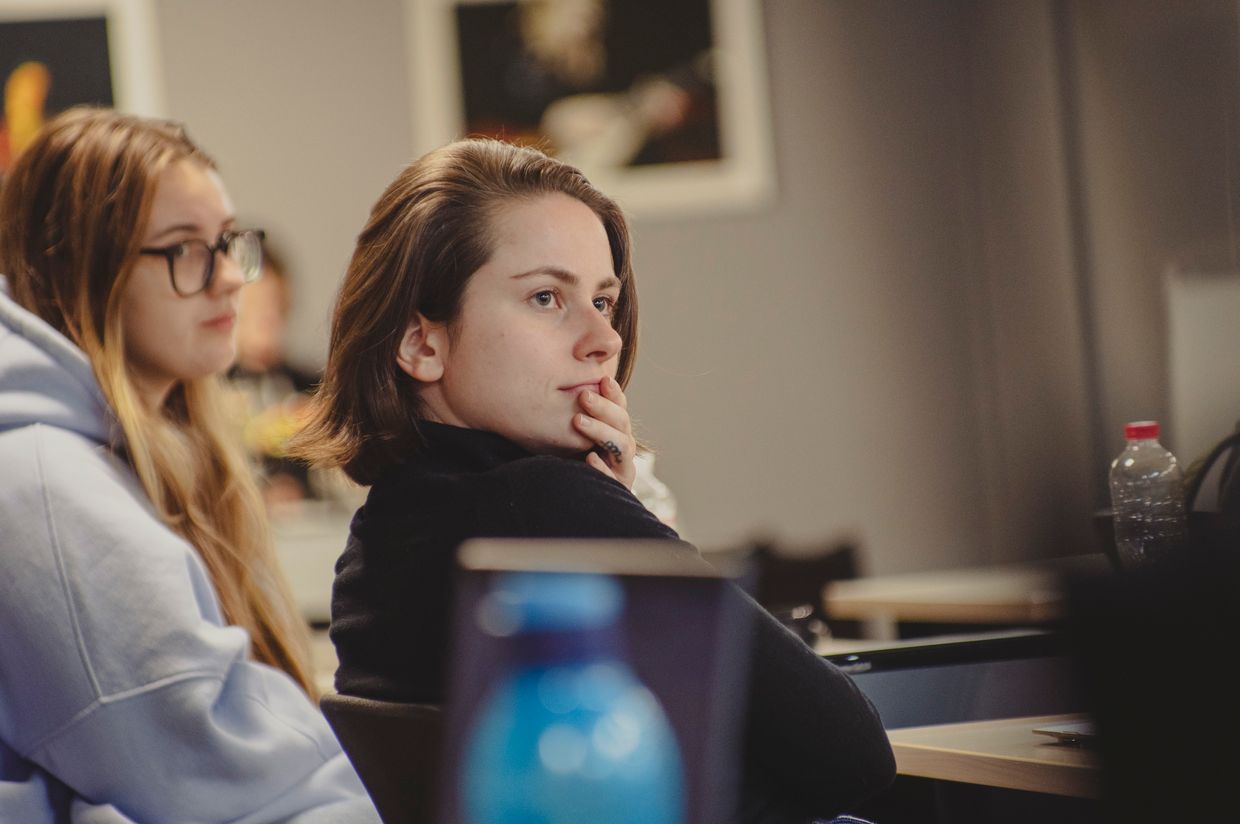
Kateryna Hodunova
As a child, explaining where I came from was always a challenge. “I am from Ukraine; it borders Russia,” and only then did the person nod with understanding. As Russia’s full-scale invasion began, a sympathetic look replaced that nod. But still, foreigners do not understand who we are and what it means to be a Ukrainian.
It's complicated to explain to foreigners why I no longer read Russian-language literature or listen to Russian-language music, or why I don't want to try to find common ground with Russians who speak out against Russia's war against Ukraine.
It's almost impossible to explain to foreigners what you feel getting through a day after surviving a missile attack in the morning, finding out about the damages and casualties of an artillery attack in the afternoon, and receiving news of a cousin's death in a Donbas village in the evening.
Sometimes, it feels as though Ukrainians live in two parallel realities, trying to combine the regular route to work with the overwhelming feeling of loss – both your own and those of others. But I don't want this way of living to become routine.
Words and expression were always my playground, but I could never have imagined how their value would change. Ukraine needs more voices to advocate for a better tomorrow, and I would be glad to become one of them.

Kateryna Denisova
"History in Ukraine is cyclical: one revolution, 10 years later another one, and now we are at war. Your generation of journalists should be ready to report on something that makes history." This is what a prominent Ukrainian war correspondent said in a lecture at my university in 2018.
As an 18-year-old aspiring journalist at the time, I didn't take this comment too seriously. Russia's full-scale invasion of Ukraine in 2022 brought his point full circle.
Being forced into wartime journalism is not something you can prepare for, but Russia's all-out invasion pushed me and other young journalists to learn how to explain what is happening on the ground to both Ukrainian and foreign audiences. To me, this especially entails explaining context, as history is often distorted and misunderstood by non-Ukrainian media.
It’s crucial to debunk Russia’s disinformation and replace its lies with the truth. It's also crucial for untold stories about Ukraine to be told by Ukrainian journalists on the ground in Ukraine.

Mariia Trill
In the current context of Russia's war, Ukrainian journalists connect two parallel realities: Ukraine and the world outside. Ukrainian journalists, as citizens of a country at war, want to spread more truth about Ukraine and draw the international community's attention toward the negative realities that are impacting the entire world.
We believe that, by communicating with foreign audiences, they will be prompted to greater action in support of Ukraine. This is critical not only for the support of our country, but also for global security.
Ukrainian media has undergone significant changes in the past few decades, including with respect to ownership structure, platform diversity, and the content and quality of their material. Ukraine rose from 106th to 79th place in the 2023 RSF Press Freedom Index. However, more progress is still needed.
The louder the voices of independent journalists, the more power independent journalism wields and the greater the chances to increase Ukraine's standing in these press freedom rankings. By expanding their audience outside of Ukraine, Ukrainian journalists make their voices louder.
All of the experts at the J-School shared their insights into coping with war fatigue, covering impactful war-related events, and how to keep the world tuned into what's happening in Ukraine.

Tania Myronyshena
Having had to live outside of Ukraine for a year due to Russia's full-scale war, I have come to realize that most people do not fully comprehend the colonial nature of Russia's relations with and actions toward Ukraine. This results in the spread of false messages, many of which could lead to catastrophic consequences both for Ukraine and the entire world.
The greatest example of this are those who call for Ukraine to cede its territories in return for the end of the war. Those who believe this do not understand that Russia is not waging this war for territory, but for the restoration of the "Russian World." After seizing Ukraine, Moscow will further encroach on Poland and eventually reach Berlin.
I understand this because I myself grew up under the strong influence of Russian propaganda, despite being born in an independent Ukraine.
This is why I believe it is crucial for Ukrainian journalists to learn how to communicate with a foreign audience. As Ukrainians, we have a unique understanding of the situation at hand.
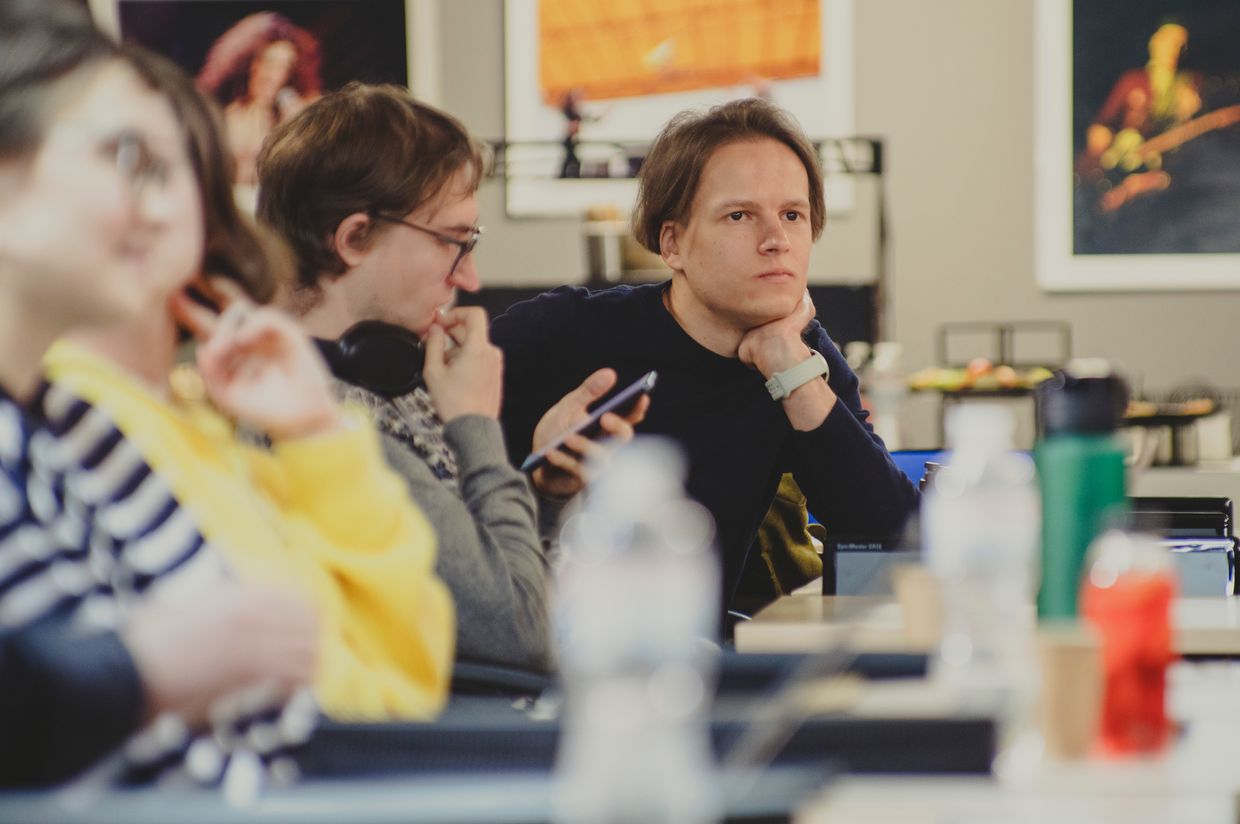
Vladyslav Kudryk
In a time when international support for Ukraine amid its struggle against Russia is on the decline, finding voices to speak to a foreign audience is becoming an even more important task.
The Kyiv Independent's J-School has provided us with some great advice on approaches to English-language storytelling, particularly war reporting, as well as social media distribution and investigation techniques.
Ukrainian journalists know that their country's voices are important. The ability to communicate effectively in English is indispensable for advocating Ukrainian interests on the international stage. Ukrainian journalists must be able to convey stories that haven’t been told and find unique perspectives, especially since they compete with big foreign news companies.






